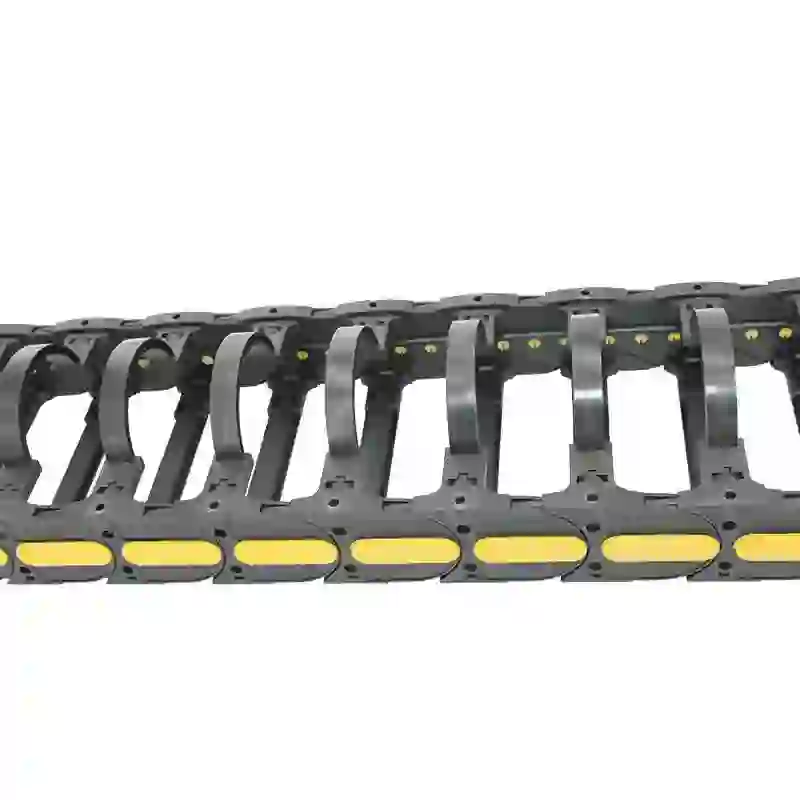Flexible Bellows for Telescopic Applications in Various Industries
Understanding Telescopic Bellows Applications and Benefits
Telescopic bellows are a specialized type of protective cover designed to safeguard machinery and components from dust, debris, moisture, and other environmental factors. With a unique accordion-like design, these bellows can extend and compress, allowing for smooth movement while providing effective protection. Their versatility and functionality make them vital in various industrial applications.
What Are Telescopic Bellows?
Telescopic bellows are typically constructed from materials such as rubber, plastic, or fabric, making them adaptable to a range of operating conditions. The primary function of these bellows is to provide a protective barrier for moving parts, particularly in environments where exposure to contaminants could lead to damage or failure. By preventing the ingress of particles and liquids, telescopic bellows help extend the lifespan of machinery and enhance operational efficiency.
The design of telescopic bellows allows them to extend and retract in tandem with the motion of the machinery they protect. This flexibility is crucial in applications where components are subject to vibrations or significant movement, such as in CNC machines, robotic arms, and conveyor systems.
Applications of Telescopic Bellows
1. CNC Machines In CNC (Computer Numerical Control) machining, telescopic bellows safeguard moving parts like slides and guideways from chips, coolant, and other contaminants. Maintaining cleanliness in these areas is essential to achieving precision machining and prolonging the life of costly equipment.
2. Robotics Robots often operate in environments where they are exposed to dust, dirt, and moisture. Telescopic bellows protect sensitive components such as actuators and gears, ensuring that robots function efficiently over prolonged periods.
3. Conveyor Systems In manufacturing and packaging industries, conveyor systems are prevalent. Telescopic bellows are employed to cover sections of conveyors where moving parts are exposed, keeping the machinery free from harmful debris.
4. Medical Equipment In medical settings, equipment must meet stringent hygiene standards. Telescopic bellows can provide contamination barriers in medical devices, preventing the ingress of bacteria and ensuring the integrity of sensitive components.
telescopic bellow

Benefits of Using Telescopic Bellows
- Protection Against Contaminants The primary benefit of telescopic bellows is their ability to protect valuable machinery from harmful substances. By preventing debris and liquids from entering vulnerable areas, they reduce wear and tear, ultimately saving on maintenance and replacement costs.
- Increased Equipment Lifespan By safeguarding machinery from external contaminants, telescopic bellows contribute significantly to the longevity of equipment. This increased lifespan can lead to substantial savings for businesses in terms of reduced downtime and fewer repairs.
- Versatility Telescopic bellows can be customized to fit various applications, making them suitable for a wide range of industries. Their adaptability enables manufacturers to select the best materials and designs for their specific needs.
- Ease of Maintenance The design of telescopic bellows simplifies the maintenance process. With easy access to the machinery they cover, maintenance staff can perform necessary checks and repairs without significant disassembly.
- Cost-Effectiveness Although there is an initial investment in telescopic bellows, the long-term benefits, including reduced machinery downtime and maintenance costs, often surpass this initial expenditure.
Conclusion
In summary, telescopic bellows play an essential role in safeguarding machinery across various industries. Their unique design allows for flexibility, making them ideal for protecting moving parts from environmental hazards. With numerous benefits, including extended equipment lifespan and reduced maintenance costs, telescopic bellows are an invaluable investment for any industrial operation. As technology and industry standards evolve, their role in enhancing machinery performance and reliability will continue to be paramount.








